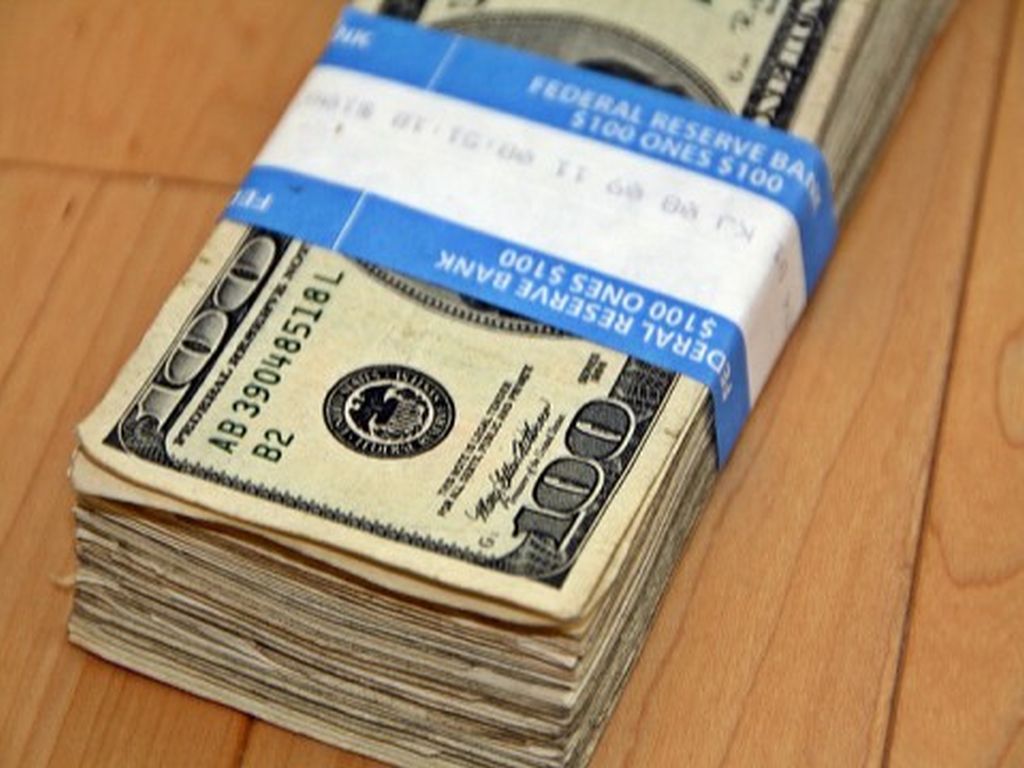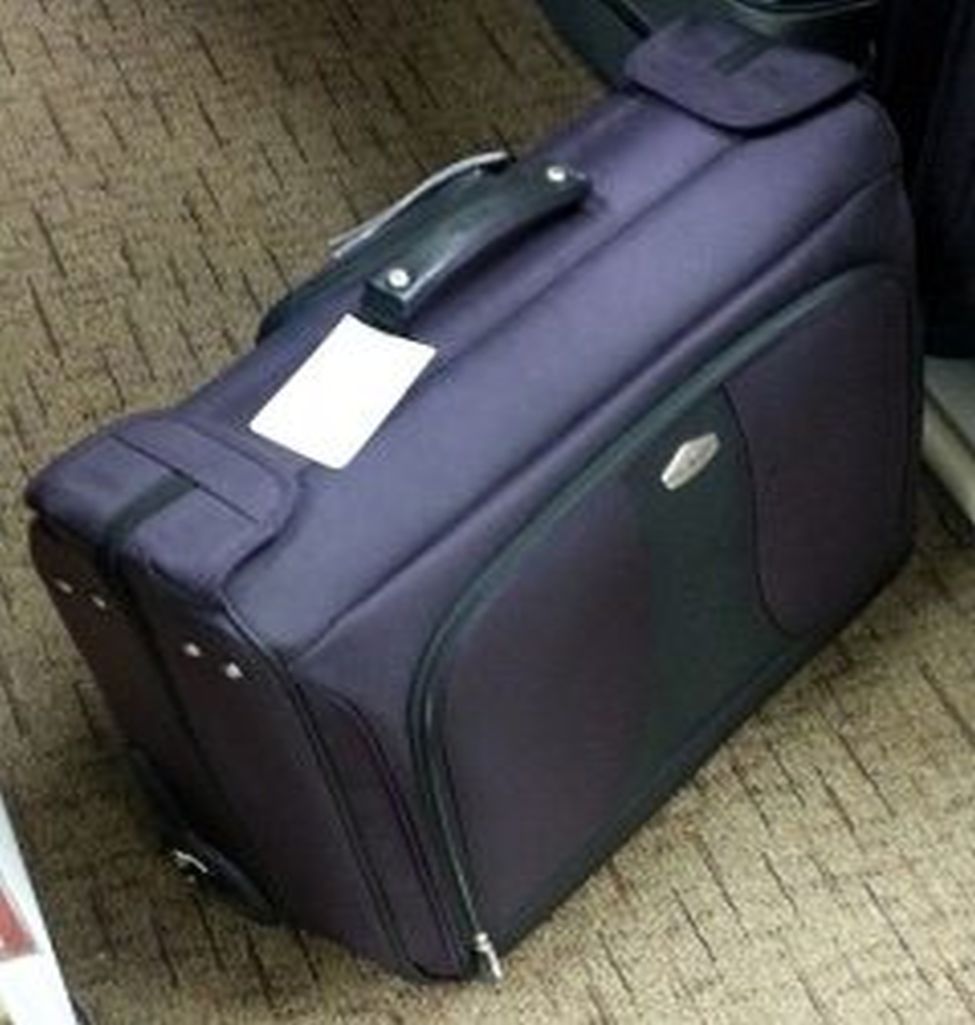Whenever we hear about workers being laid off, people being fired, companies being closed or government shutdowns, we start thinking about our own money and what we’d do if suddenly we didn’t have a viable income to pay our bills and incidentals such as food, gas, and occasional entertainment. Sometimes we get it off our minds as soon as possible because it’s happening to “someone” else, but the reality is that sometimes it’s happening to people who are making money and they don’t know it.
 |
Do you give much thought to how your money flows? Being solvent isn’t always enough. Sure, you’re paying your bills, eating well and having fun, but what happens if an emergency crops up? Can you pay for a new muffler without maximizing your credit card? Can you afford to pay a plumber if your bathtub starts leaking from your upstairs bathroom into your kitchen?
Because most people hate the thought of budgeting, something we talk about a lot around here, and the word planning seems to take the fun out of managing ones money, let’s use a word we hear all the time that’s related to something that’s a little harder to call and yet is still fairly important; that word is “forecasting“.
Forecasting in a term usually used when we’re hearing about the weather and what’s possibly coming our way. A definition of the word is “a technique that uses historical data as inputs to make informed estimates that are predictive in determining the direction of future trends.” Oddly enough, there’s an intriguing phrase out there that most people also know: “Anything that can go wrong will go wrong”, known as Murphy’s Law.
If we take both of these items into account and apply it to our finances, it gives us a great opportunity to get a handle on our money flow without having to “digress” into the dirty business of budgeting.
Think about it this way. If you’ve ever worked at a large company, you know they’ve always given employees the opportunity to put money aside in a Christmas Club account. The premise is the employee decides how much money they want taken out of their paycheck and put into the company’s special savings account during the calendar year. By the beginning of September, not only does the employee get the money they put it during the year but they also get the bonus of interest on what they put away.
If people can see themselves into putting money away for a Christmas Club, why not put money away in case of an emergency? Some call this a “rainy day jar”, which is pretty much the same thing with one caveat. Most rainy day jars contain extra change or funds without any regard for doing it on a regular basis. Putting money aside randomly is better than not doing it at all, but it works better if it’s part of a weekly plan.
How much depends on you, but just $10 per week ends up being $520 by the end of the year. If you put it into a savings account, it’s not going to grow significantly, but as some people say it’s better than a zero.
This isn’t money you’re putting away for a fun vacation. This is money for emergency purposes, although emergencies can vary in degrees. Often you don’t need a lot of money outside of what you already have to take care of something unexpected, but it’s nice and comfortable to have a bit of extra money lying around that you weren’t missing to help finance whatever it is you need.
Forecast the possibility of an emergency based on life trends, do something about it early, and you’ll have less to worry about when it comes to how your money flows.

